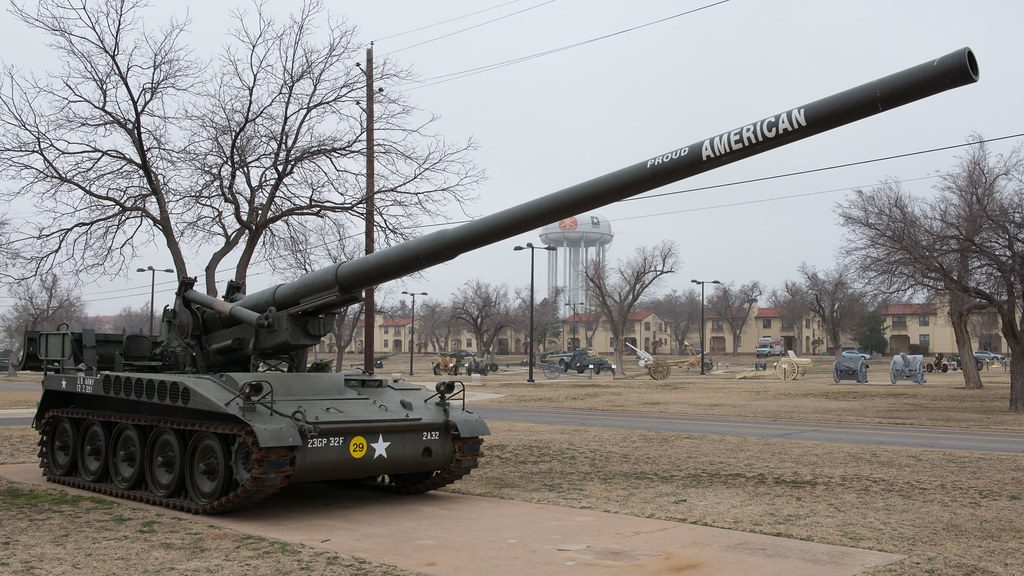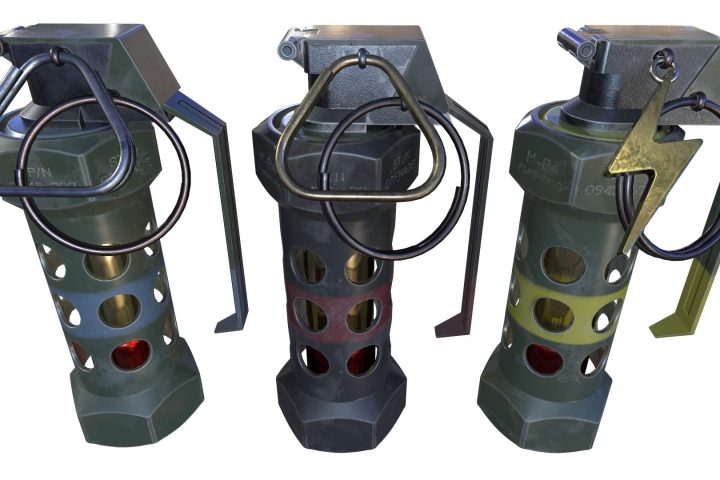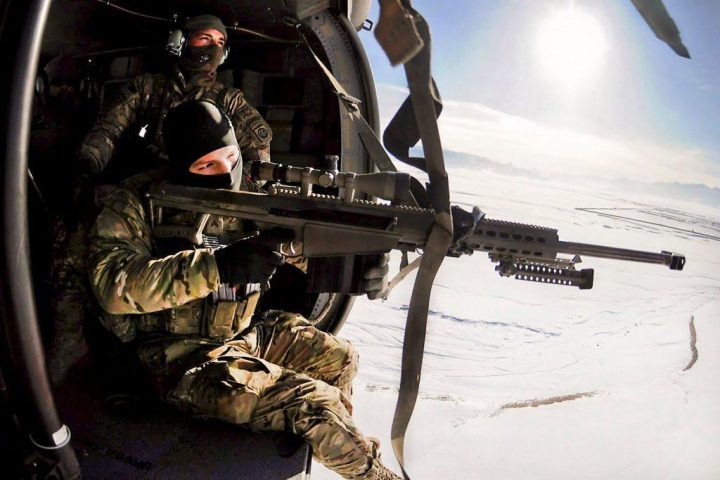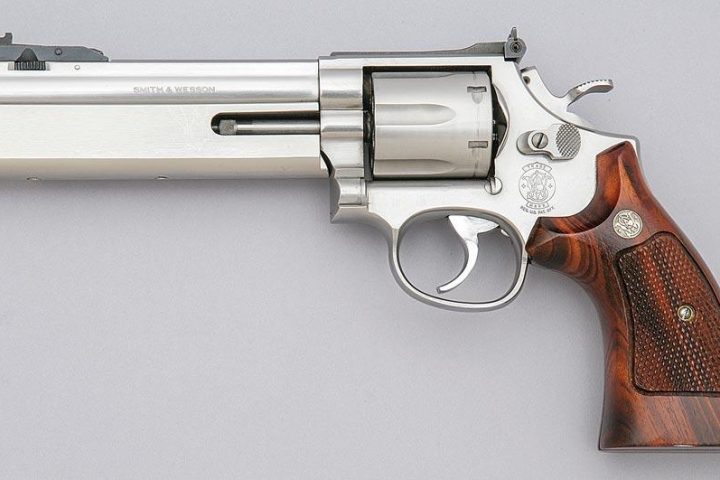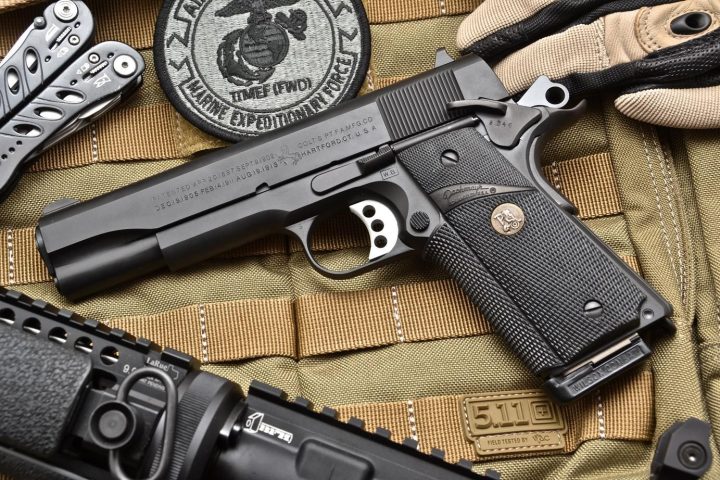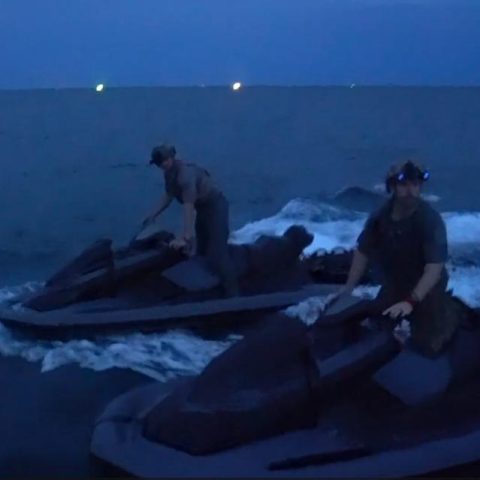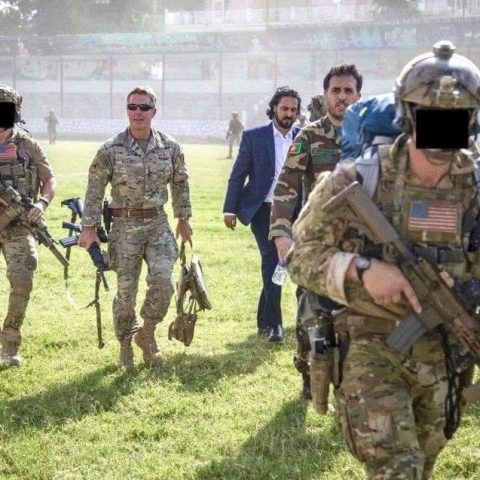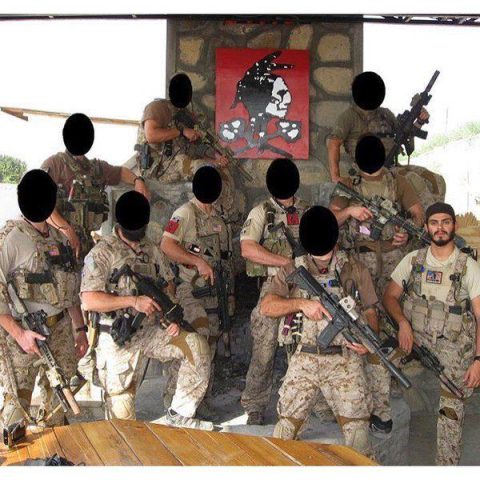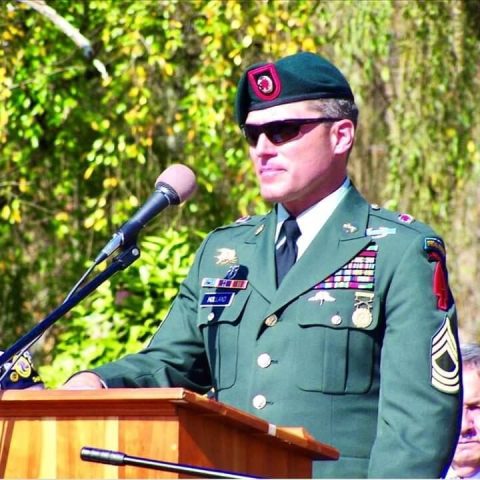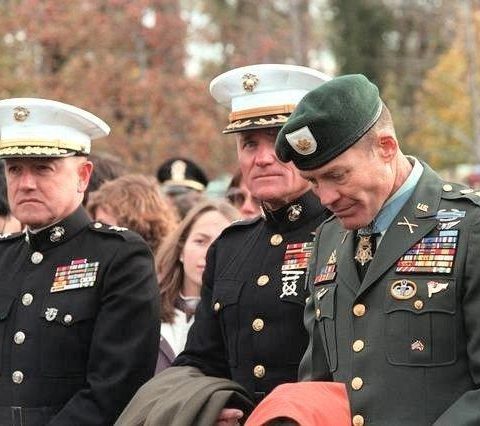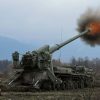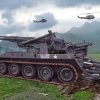The M107 175 mm self-propelled gun was part of a U.S.-made artillery system intended to provide long-range fire support in an air-transportable system. The combat use of this gun in the US Army was minimal; in fact, US Army used it only during the Vietnam War. The operational history dates from the early 1960s to the late 1970s for the US Army. It was also adopted and widely used in Israel and other countries, including Germany, South Korea, Spain, Greece, Iran, Italy, the Netherlands, the United Kingdom, and Turkey.
Key recognition features
- Long thin barrel, no fume extractor or muzzle brake
- Gun is in unprotected mount towards the rear of the hull with a large spade at the rear that is raised for traveling
- Chassis is same as M110 203 mm self-propelled howitzer with five large road wheels, drive sprocket front, no track-return rollers
Development
The 175mm M107 was designed in the 1950s at the same time as the M110 203 mm (8-inch) self-propelled howitzer, which has the same chassis and gun mount. Pacific Car and Foundry completed the first production vehicles in 1962, with later production by FMC and finally BMY.
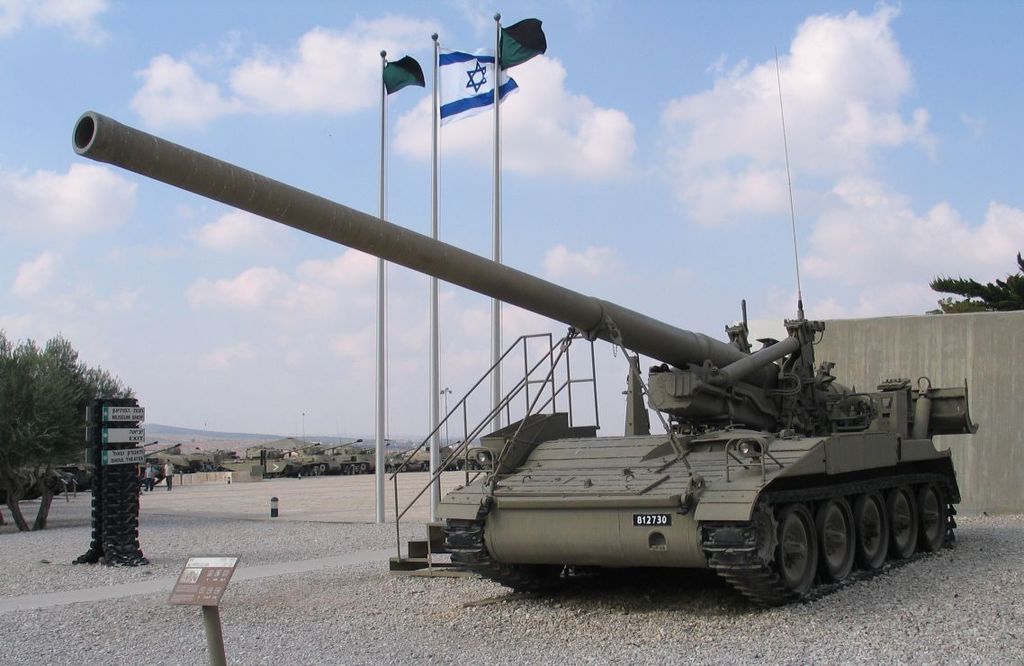
A total of 524 M107s were built by BMY when production was completed in May 1980. Still, it has now been phased out of service with many armies, including Germany, Italy, Netherlands, Spain, the United Kingdom, and the United States.
The M107 has a total crew of 13, of whom 5 (commander, driver, and three gunners) are carried on the actual vehicle, and the remainder in the M548 tracked cargo carrier (or truck), which also carries the projectiles, charges, and fuzes.
The 175 mm gun has a powered elevation of -2 degrees to +65 degrees powered traverse of 30 degrees left and right. The 175 mm gun is mounted at the rear of the hull with no protection being provided for the gun crew. A load assist device is mounted at the left rear to assist in loading projectiles into the weapon’s breech.
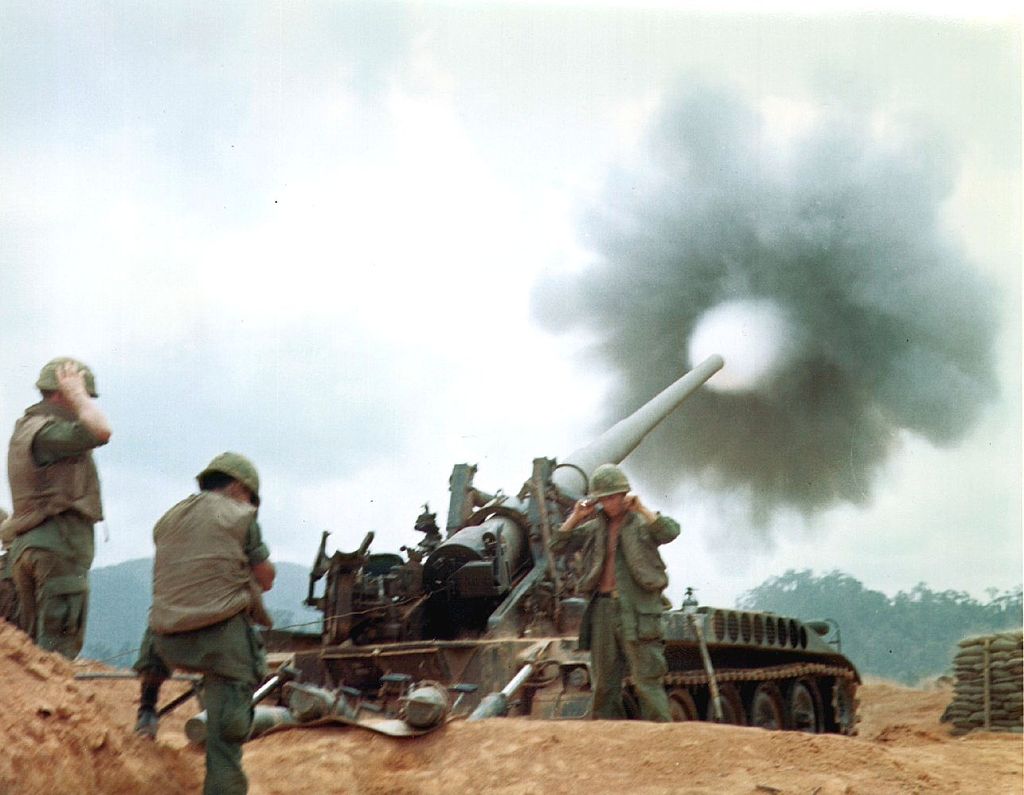
In US Army service, the 175 mm M107 only fired one combat projectile, the M437 high explosive, which had a maximum range of 32,700 meters. In addition, the former Space Research Corporation developed a special projectile that could achieve a maximum range of around 40,000 meters. Israel was the only customer for this.
Variants
There are no variants of the M107, although the M110 self-propelled howitzer and M578 ARV use the same chassis.
Status
Production completed. In service with Greece, Iran, Israel, South Korea, Ukraine, and Turkey.
Technical specifications
| Country of origin: | United States |
| Manufacturers: | Pacific Car and Foundry Company, Renton, Washington; FMC Corporation, San Jose, California and BMY, York, Pennsylvania |
| Crew: | 5 |
| Armament: | 1 x 175 mm gun |
| Ammunition: | 2 x 175 mm |
| Length gun forwards: | 11.256 meters (spade up) |
| Length hull: | 5.72 meters (without gun or spade) |
| Width: | 3.149 m |
| Height: | 3.679 m (top of barrel traveling), 2.809 m (top of mount), 1.475 m (hull top) |
| Ground clearance: | 0.46 m |
| Weight, combat: | 28,168 kg |
| Weight, unloaded: | 25,915 kg |
| Power-to-weight ratio: | 14.37 hp/tonne |
| Ground pressure: | 0.81 kg/cm2 |
| Engine: | Detroit Diesel Model 8V-71T, turbocharged, 2-stroke liquid-cooled, 8-cylinder diesel developing 405 bhp at 2,300 rpm |
| Maximum road speed: | 56 km/h |
| Maximum road range: | 725 km |
| Fuel capacity: | 1,137 lit |
| Fording: | 1.066 m |
| Vertical obstacle: | 1.066 m |
| Trench: | 2.362 m |
| Gradient: | 60% |
| Side slope: | 30% |
| Armor: | classified |
| Armor type: | Steel |
| NBC system: | No |
| Night vision equipment: | Yes (driver only, passive) |


